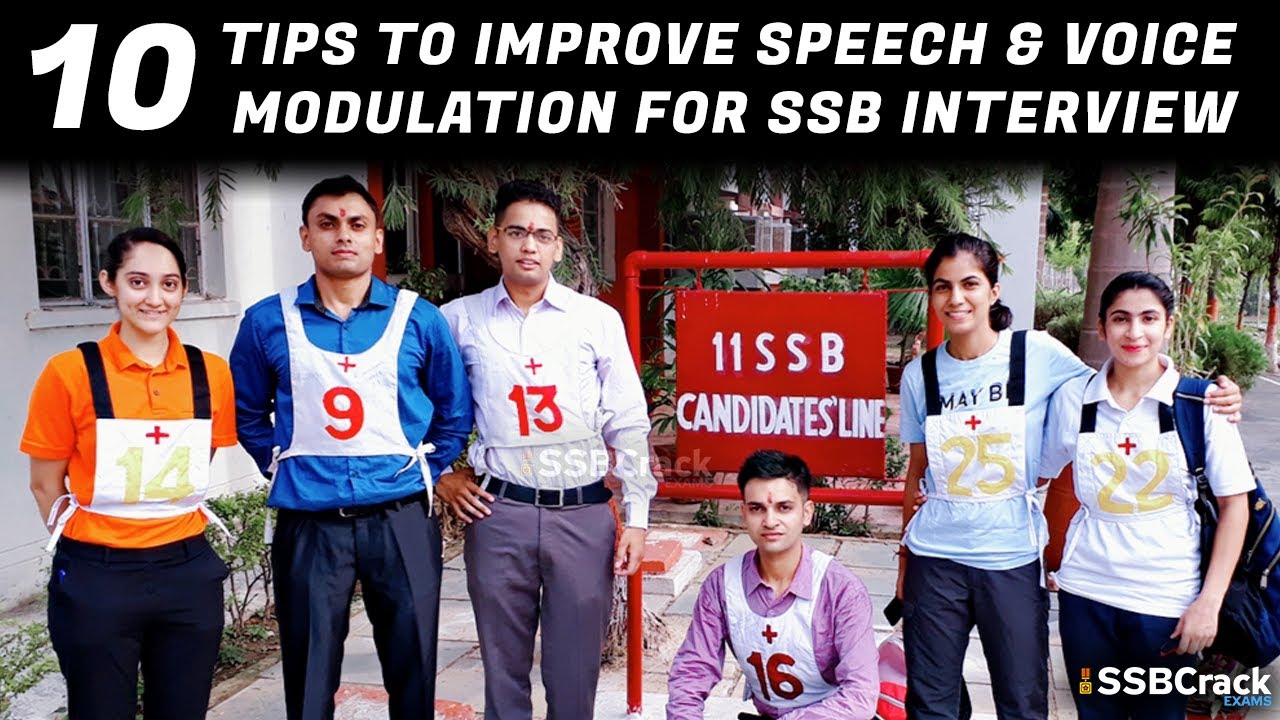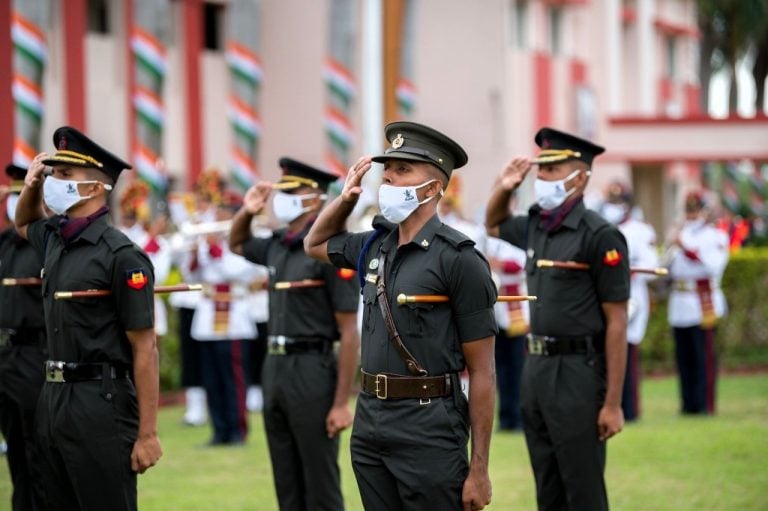Have you ever encountered anyone before who talked to you in a flat tone and voice so much so that you, consumed by boredom, had fallen asleep? Now imagine yourself in the place of an Interviewer and try to feel the pain of listening to such an interviewee. What I simply wanted to state was that if you want your interviewer to look alive and pay attention, learn how to vary your speech using voice modulation techniques. But before that, you must know what voice modulation actually means and why is it so necessary, other than preventing you to fall asleep.
What is Voice Modulation & Why It Is Necessary?
According to one leading theory, 55% of human communication is with body language. You are left with just 7% on content and a whopping 38% on what you sound like. Voice modulation is a very important part of communication. A person modulates his or her own voice to change the pitch while asking something of someone or while gossiping. Sometimes one does it to express sarcasm or to put emphasis on certain words. The change of pitch, tone or rhythm in which one talks is known as the process of Voice Modulation. Without one, you will sound boring and monotonous, and can lull your interviewer to sleep.
Now that you know how important it is for you to emphasize on your speech and voice modulation, let’s find out how through proper speaking exercises and practice you can improve your vocal delivery during the SSB Interview.
Tip 1 : Open Up & Breathe
Keeping an open posture (shoulders relaxed, back straight but not stiff, and chest forward) not only makes you look more confident, friendly, and engaged but also promotes easy breathing. Easy breathing allows you to deliver smooth and warm-sounding speech instead of the choppy and nervous speech you get when you have to breathe every two seconds.
Tip 2 : Mirror Your Interviewer’s Volume & Pace
Try to match your interviewer’s speaking volume and pace during your interview. Practice with a partner (friend, family member or sibling) and try mirroring his or her speaking volume and pace in your own. If your interviewer is soft-spoken, try not to use a loud contrasting speaking volume. If you have an interviewer with a loud, excitable voice, try to match your interviewer’s pace and volume to reflect his/ her enthusiasm.
Tip 3 : Chunk Your Sentences
Keep your communication easy to follow by expressing your ideas in short simple sentences and pausing briefly before moving on to your next thought.
Tip 4 : Complete Every Thought
Expressing complete thoughts indicates that you have confidence in your own ideas and the ability to take an idea to conclusion. There are two common ways that people do not complete their thoughts: 1) trailing off by reducing vocal volume (“I am planning on pursuing a career in the field of army or navy, you know…”), and 2) turning the thought into question (“I think the best thing would be to join the Garuda Regiment?”). Complete every thought you begin to express and neither trail off nor ask a question.
Tip 5 : Smile
Smiling is important because you can easily hear the change in the voice when someone is smiling. This is partly because you feel better and partly because of the way the facial muscles work. Do some warm ups before the interview. Move the face around a little to exercise all those muscles packed into your face. A good way to get you breathing well and get the blood flowing is to go on a short walk around the block beforehand.
Tip 6 : Slow down
The SSB Interview is India’s toughest interview and therefore can be quite nerve-wracking. Nerves can make you rush your answers by speaking fast. Well, if you speed-talk, you will likely to be perceived as anxious and nervous. Rapid speech is difficult to follow – you might give the best responses to the interview questions but your words will whizz past your interviewer like a speeding bullet. Your words will not be remembered; your anxiety will. Remember that silence can be a valuable tool when used appropriately in the interview. Pause before you begin to answer each interview question. Pause again at the end of each sentence.
Tip 7 : Pause but Not Too Often or Use Fillers
While it’s good, especially if you are stuck for an answer, to pause and say “that’s a good question”, long or frequent pauses don’t send a good message. A pause right after your introduction, while moving to emphasize on a certain idea and a pause while moving from one topic to another will really work for you to up your game. Also the tendency to keep on adding fillers like “ah”s and “uhm”s over and over again can really sound irritating and will not create a good impression. To avoid such fillers, you need to practise speaking a lot.
Tip 8 : Stress on Powerful Words
Words do not create an impact, unless they are rightly delivered. You can take effective pauses, stress on a certain set of words, which will help your speech sound more interactive and highlighted. Sound enthusiastic and confident in your speech. Practise projecting your voice by pretending to throw your voice to the back of the room without shouting. Voice projection with loud and clear vocal delivery can help you to get a point across without repeating yourself.
Tip 9 : Refrain from Repeating Yourself
It is important to refrain from repeating yourself during the SSB Interview. Repeating yourself too often can make you look absentminded or unable to cohesively convey your thoughts. Poor speaking habits are often the root cause of repeating yourself. Practise these below methods to stop repeating yourself:
- Pick a speech, poem or paragraph from a book to practice your speaking.
- Write flashcards for yourself. It can be hard to remember what you need to say, which results in repeating information. Flashcards will hep you to remember the information in a very easy manner.
- Practice reading out the words of the text you have selected. Do this by talking slowly to your reflection in the mirror. Make sure you pronounce every syllable of the word correctly. By talking to the mirror, you can become more self-aware and will notice when you fail to properly pronounce each word.
- Work on the pace in which you speak. Take the help of a friend who will tell you when you begin to speak too fast.
Tip 10 : Relax
Your inner tension will display itself in your voice. This may be because you are anxious and have started to breathe shallowly. Breathing exercises are excellent for anxiety management, decreasing the body’s stress response. Relaxing yourself before an interview also relaxes the vocal chords. When they are tense, the sound of your voice will be higher and raspier. Relaxed vocal chords will produce lower notes that can be interpreted as more authoritative.
Follow these important tips while you are practising speech and voice modulation back at your place. Remember to deliver your words in a right manner and pace, practice is important for it will not only help you regarding what you say in the SSB Interview, but how you say it. Also, you can follow good speaker and orators and follow the way they speak and connect with their listeners. Moreover, be confident of yourself and keep faith. And don’t forget to relax.
Jai Hind!


















